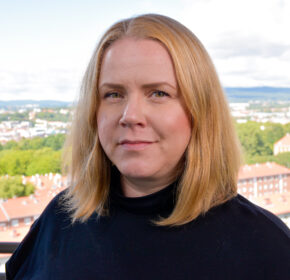COUPLING – Organisational coupling of higher education institutions
- Status: Aktiv
- Prosjektnr: 2518061
- Start: 01.08.2021
- Slutt: 30.04.2025
- Finansiering: Norges forskningsråd
Prosjektbeskrivelse
Universities are core knowledge organisations in our societies and there is considerable public interest in how to facilitate high quality education and research. External policy initiatives in this often seem to lead to unintended consequences or limited changes. This is often explained by the unique and specific characteristics of universities, as complex, bottom-heavy and loosely coupled organisations. Yet, some of these claims of universities have hardly been explored empirically. For example, “loose coupling” of higher education organisations is more often assumed rather than analysed. This leaves significant gaps in our current understanding of intraorganizational dynamics of the university, and the relationship between formal organisation and work processes within. Rather than assume that universities as institutions were and/or are loosely coupled in a static sense, we ask what loose coupling entails; whether, and if so, how, coupling patterns in universities change over time; and how this all matters for work processes.
The project is organised around five working packages:
- Work package A – Conceptual development and refinement of methodological toolbox.
- Work package B – Relationship between organizational characteristics and patterns of coupling.
- Work package C – Analysis of coupling patterns and mechanisms that contribute to change.
- Work package D: Relationship between coupling processes and academic work.
- Work package E: Management and communication.
In our conceptual thinking, we employ theoretical perspectives from organisational studies, including organisational institutionalism and sensemaking processes. Methodologically, we employ data from nationwide a survey and extensive qualitative case analysis that systematically combines interview, observation and document data.
Deltagere

Lise Degn

Jens Patrick Wilhelm Jungblut
Martina Vukasovic
